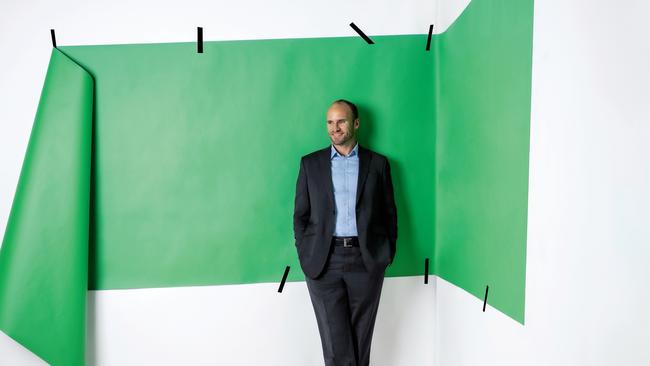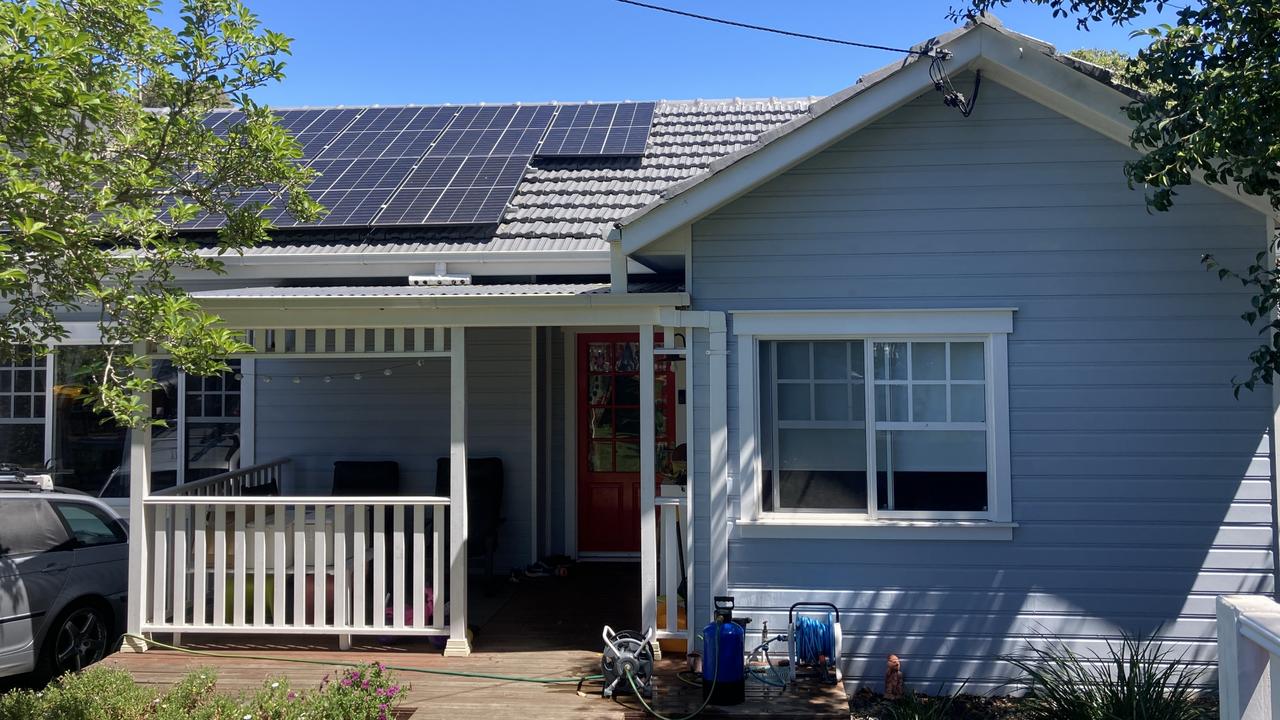How data will deliver the ‘holy grail’ of renewable energy
Business will deliver in energy transition, but big companies needs government support, says Octopus Investments Australia MD Sam Reynolds.

This article appears in The List: Top 100 Green Energy Players.
Sam Reynolds likens coal and renewable energy to driving his old car. “I used to drive a 1977 Kingswood. That old beast can’t compete with the latest cheapest hatchback on the market and that’s what we’re asking our energy system to do – to try and compete – and wondering why it’s costing everyone so much,” he says.
He believes that Australia, with its abundant natural resources, should have the cheapest electricity in the world. The key, he says, is thinking longer than a four-year political term and looking 10 and 20 years into the future.
Reynolds is the managing director of Octopus Investments Australia. He worked with the company in London from 2012 as the head of its energy investment team, leading more than $5bn of investment in Australian, UK and European renewable energy assets. Globally the company manages more than $23bn for more than 60,000 private investors and institutions. In 2018, Reynolds moved back to Australia and founded the business here.
The company mobilises large amounts of capital and directs it into renewable energy assets: it owns one of Australia’s largest solar plants – the 333MW facility in Darlington Point, NSW, which generates enough energy to power 115,000 homes – and has recently partnered with the $10bn Clean Energy Finance Corp (CEFC) to build $200m in renewables in Gippsland, Victoria.
Reynolds has structured the company into three parts: renewable energy infrastructure; data and analytics; and change – which includes projects such as Desert Springs Octopus, a renewable energy agreement with the Jawoyn Association and Larrakia Nation. The project will provide connected renewable energy along the Darwin-Katherine electricity system. They have a benefit-sharing agreement, with the local community benefiting from education, jobs, apprenticeships and potentially shared ownership of some projects in return for using their land for Octopus assets.
According to Reynolds, though, it’s the data and analytics division that is revolutionising the business, and the thing that will help Octopus achieve the “holy grail” of renewable energy: “firm energy”.
“What we’re trying to do is provide more intelligent energy to the grid. It’s not just plugging in another solar site or another wind site,” he says.
The analytics team helps to plan what the company’s portfolio will look like in 30 years, focusing on how to get the right mix of renewable inputs to alleviate time-of-day concerns with solar and the storage issues that come with batteries.
If we can secure cost-effective – and firm – renewable energy, Reynolds sees a bright future for Australia: “Having cheap energy could see Australia getting back into manufacturing. Everyone is greening their supply chain. If we can sort out our renewable energy network, we could be providing those green products and services to global businesses around the world.”
He also sees the opportunity to provide energy to Asia, thanks to our ability to create big energy projects in northern Australia. “That’s part of what we want to do with Desert Springs Octopus: to export things like hydrogen and ammonia to our land-constrained neighbours,” he says.
“These are 10- to 20-year plays. But with the right energy policies, there are massive opportunities that Australia could be sitting on.
“As our coal exports start to come off, Australia should be looking ahead to what else can we be doing for the world.”
Reynolds is realistic when it comes to the role of business versus government in driving change – “I think it’ll come from private businesses to really act and move things forward” – but believes governments need to support large companies investing in renewable energies.
This is where he sees finance companies leading the way to a renewable future. Octopus is backed by the likes of Hostplus, CEFC and Sky Renewables, and in September this year attracted a $50m investment from another of Australia’s biggest superfunds, Rest. Reynolds says when investors are seeing the rewards they want, you attract more investment in the sector, which means more energy assets, more energy and a lower energy price for consumers. “It’s relatively simple from our view … if you want to get the energy price down, you need to get more electrons into the sector. That means more investment,” he says.





